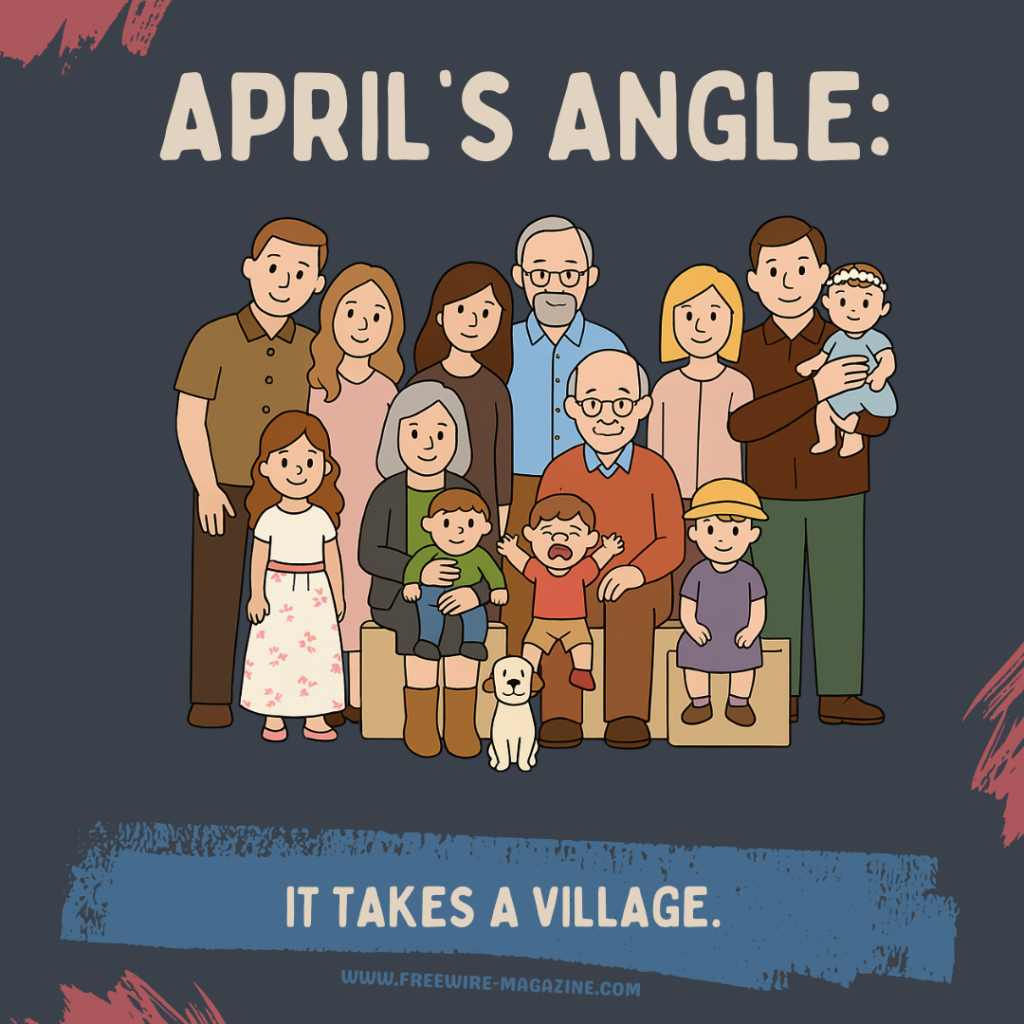
The Bullying Epidemic Part 5 The Conclusion
Stopping bullying isn’t just a parental duty—it’s a shared responsibility between parents and schools. It’s time for both to step up and create safe environments where empathy, respect, and kindness thrive.
Bullying is a pervasive issue that impacts children, teens, and even adults across various settings—from schools to workplaces. While some progress has been made in addressing it, much work remains. The key to stopping bullying is a comprehensive approach that combines education, policies, support, and a cultural shift in how we handle conflict.
But there’s one thing that can’t be overlooked: parents. Yes, it’s time to parent your child, and here’s how we can all contribute to the change.
Education and Awareness
The first step in stopping bullying is making sure everyone understands what it is and why it’s harmful. Bullying isn’t just physical—it can be verbal, emotional, and cyber. Teaching kids empathy, kindness, and conflict resolution from a young age can set the stage for a future where bullying isn’t tolerated.
When we teach children to understand the emotional impact of their words and actions, we reduce the likelihood that they will engage in bullying behaviors. Schools and communities must lead the way by offering programs that help kids navigate complex emotions and relationships, both in person and online.
Clear Policies and Consequences
Whether in schools or workplaces, there needs to be a zero tolerance policy when it comes to bullying. Clear rules, consequences, and support systems are necessary to show that bullying won’t be tolerated and will have real repercussions. This needs to go beyond just addressing the bully. We also need to support the victims. They need resources to heal, as well as assistance in rebuilding their confidence. It’s also important to have a plan for educating bullies about why their behavior is harmful and providing them with alternative ways to deal with frustration or insecurities.
Creating Supportive Environments
A supportive environment goes a long way in preventing bullying. When kids or adults feel accepted, safe, and valued, bullying has less of a chance to thrive. Schools, workplaces, and even social spaces should be designed to encourage inclusion, respect, and collaboration. For parents, creating this kind of environment starts at home. Make your home a safe space where open conversations are encouraged, and children know they can share their thoughts without judgment. When children feel emotionally secure, they’re less likely to act out by bullying others or become victims themselves.
Encouraging Bystander Intervention
Most bullying incidents are witnessed by others. However, bystanders often don’t know how to react, or worse, they may not want to get involved. But here’s the truth: bystanders have more power than they realize. Encouraging children and adults to speak out when they witness bullying can make a huge difference. Whether it’s telling a trusted adult or standing up to a bully, bystanders can play a pivotal role in stopping bullying. This is where parents and educators come in—teach your children the importance of standing up for others. It’s not always easy, but it’s crucial to empower kids to make the right decision when they see something wrong happening.
Mental Health Support
Bullying often stems from deep-rooted issues like insecurity, mental health struggles, or a lack of emotional regulation. For some bullies, their behavior is a cry for help. Addressing the root cause of bullying is as important as addressing the act itself. Both victims and perpetrators need emotional support. Kids who are bullied often experience anxiety, depression, and lowered self-esteem. Bullies, too, need counseling to address the reasons behind their actions. Offering therapy, group counseling, or simply a safe person to talk to can go a long way in breaking the cycle of bullying.
Role Models and Leadership
Our children learn by example, and as adults, it’s our job to model respectful behavior. Leaders in schools, workplaces, and communities must set the tone. If we expect children to be respectful, we must first show respect ourselves. This means parents must lead by example. If your child sees you being kind to others, resolving conflicts with dignity, and acting with integrity, they are more likely to adopt these behaviors themselves. The old saying, “Actions speak louder than words,” couldn’t be truer when it comes to stopping bullying.
Parenting Your Child
The truth is that stopping bullying often starts in the home. It’s time to parent your child. Many parents fail to engage in meaningful conversations with their kids about bullying. They ask, “How was your day?” but don’t dig deeper. Ask questions that matter—such as, “Is anyone being mean to you? How are your friends treating you? Is there anyone in school who seems to be struggling or acting out?” Parenting doesn’t stop when your child walks out the door. Make sure you know who your child’s friends are, who they’re spending time with, and how they feel about their social environment. Take the time to connect with your child daily. It might be uncomfortable at first, but it’s necessary. If you notice signs of bullying—whether your child is the victim or the perpetrator—take action. In the digital age, don’t let technology raise your child. Stay involved in their online lives, monitor social media activity, and teach them how to engage respectfully online. Cyberbullying is just as harmful as in-person bullying, and as a parent, you can guide them through responsible digital behavior.
The Bottom Line: We Can End Bullying Together
Stopping bullying isn’t just the responsibility of schools, workplaces, or law enforcement—it starts at home, with you. By teaching respect, setting boundaries, creating a supportive environment, and being role models, we can raise a generation that understands the impact of bullying and refuses to let it happen. It’s time to take action. It’s time to parent your child. Stop the bullying before it starts—because your voice, your actions, and your love matter. Let’s make sure we do everything we can to stop bullying and raise a kinder, more empathetic generation.
April Rodgers is a 1992 graduate of Bucyrus High School. She is the mother of four sons -Christian, Chase, Cameran, and Cory-and has been married to her high school crush, Art, for 11 years. She is also a proud pet mom to two fur babies: Woollee Bear, a Yorkshire Terrier, and Maverick, a rescued stray cat. She is the daughter of Harold Rodgers and Judy and Robert Dewalt. In her spare time, April enjoys shopping, traveling, and spending time with her family. A passionate reader, she loves The Shopaholic Series by Sophie Kinsella and proudly calls herself a shopaholic-just ask her Amazon driver! She also enjoys watching movies, with The American President being her all-time favorite. Her favorite quote comes from Josh Allen, MVP Buffalo Bills QB: ‘Be good, do good, God bless, and go Bills!’



















